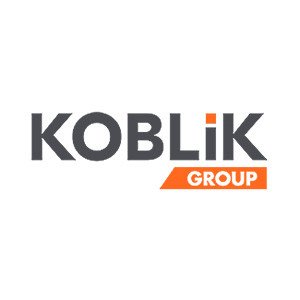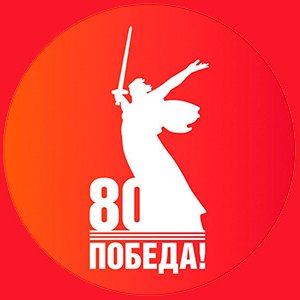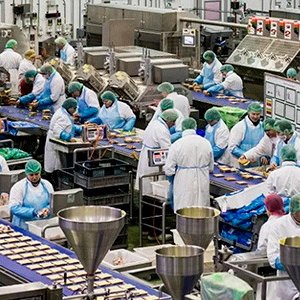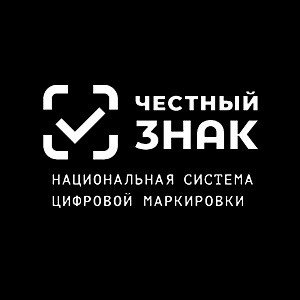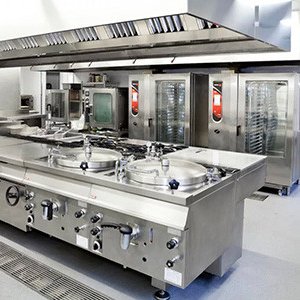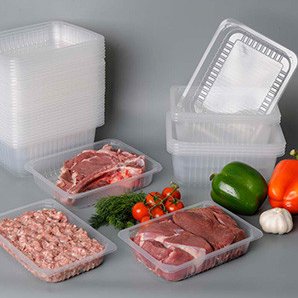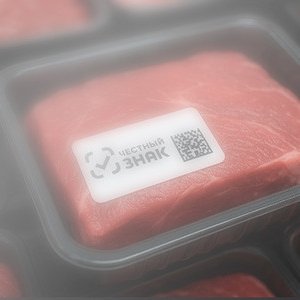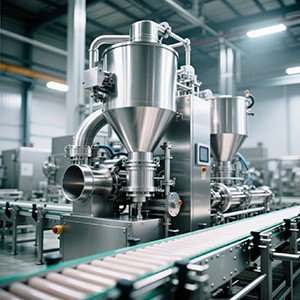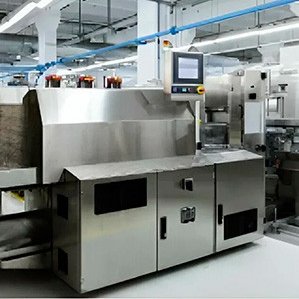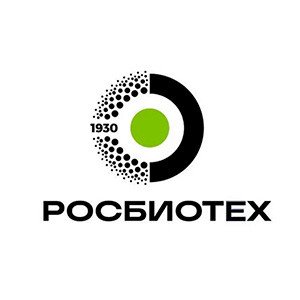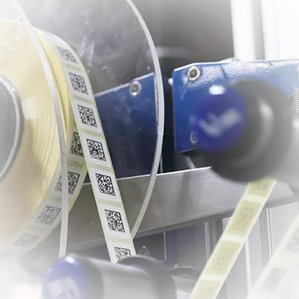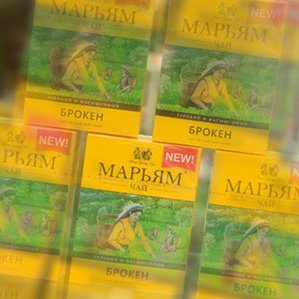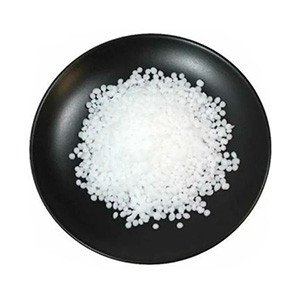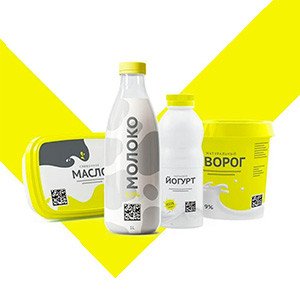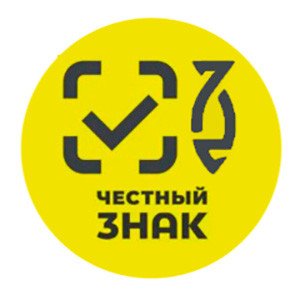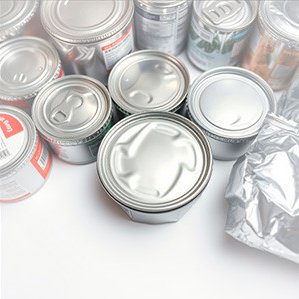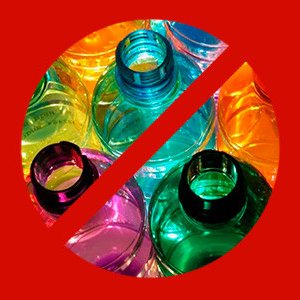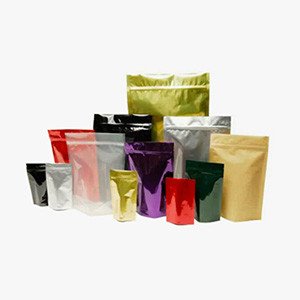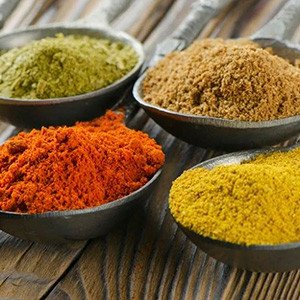News
"Voronezhselmash," which is part of "Koblik Group," has begun production of new models of grain cleaning and grain drying equipment.
In today’s world, effective resource management is becoming an increasingly crucial aspect of successful business operations. This is especially true for industries where equipment plays a key role—such as pharmaceuticals, cosmetology, and the food industry.
On behalf of the entire WEREVA.NET website team, we warmly congratulate you on the 80th Anniversary of the Great Victory!
Dozens of food industry enterprises in the Stavropol Territory, with state support, are establishing, reconstructing, and expanding their production facilities.
The "Honest Sign" marking system will be integrated with the EIS "Procurement" platform. The new permit-based system, which is already operational in retail, will be extended to all government procurements, where gaps in control are often exploited.
According to the Association "Rosspetsmash," in 2024, the import volume of food equipment to Russia, in monetary terms, reached 2 billion US dollars.
New sanitary and hygiene standards have come into effect in Russia, tightening the allowable levels of micro- and nanoplastic migration from packaging into food products.
Russian Ministry of Industry and Trade suggests limiting state purchases of foreign equipment for the food and processing industries.
The Ministry of Industry and Trade has proposed introducing labeling for meat products starting from August 1, 2026.
According to data from the press service of the Association "Rosspetsmash," the volume of food equipment production in Russia during January–August 2025 amounted to 130.4 billion rubles.
Russian manufacturers of food equipment successfully compete with foreign producers in the domestic market.
ROSBIOTECH is considering the possibility of cooperating with LLC Russia-China Bridge (Rasha-Chaina Bridge), which was established at the initiative of entrepreneurs from the Russian Federation and the People's Republic of China, with active involvement from the Chinese Union of Food Producers.
The labeling of organic products in Russia has been supplemented with new terms.
Among the residents of the project are large catering enterprises.
Changes are planned for the list of cases when it will be prohibited to sell no marked goods in retail.
The editorial team of the Unipack.Ru portal is preparing to release the official newspaper for the 30th International Exhibition of Technologies and Ingredients for the Food and Processing Industries, "Agroprodmash-2025."
In the Voronezh region, the creation of an efficient and environmentally safe production of emulsifiers and medium-chain triglycerides for the food industry and other sectors has been announced.
Putin has allowed the use of "eco" and "bio" labels until 2030 without confirmation of organic status — businesses have been given a transitional period.
On July 23, a joint meeting of the committees and councils of the Russian Chamber of Commerce and Industry took place, during which issues regarding the preservation of the integrity of the "Honest Sign" labeling were discussed.
The list of fish products for digital labeling will be expanded.
Experts note that the ready-to-eat food market in Russia is showing steady growth, with its volume potentially reaching 9 trillion rubles by 2028.
As of September 1 of this year, Russia will stop producing a range of PET tableware. This is reported on the website of legal information.
The Ural Federal University (UrFU) named after the first President of Russia B. N. Yeltsin is launching an ambitious research project aimed at creating a new generation of biodegradable packaging.
As of July 1, labeling will become mandatory for spices, soups, and deodorants.


